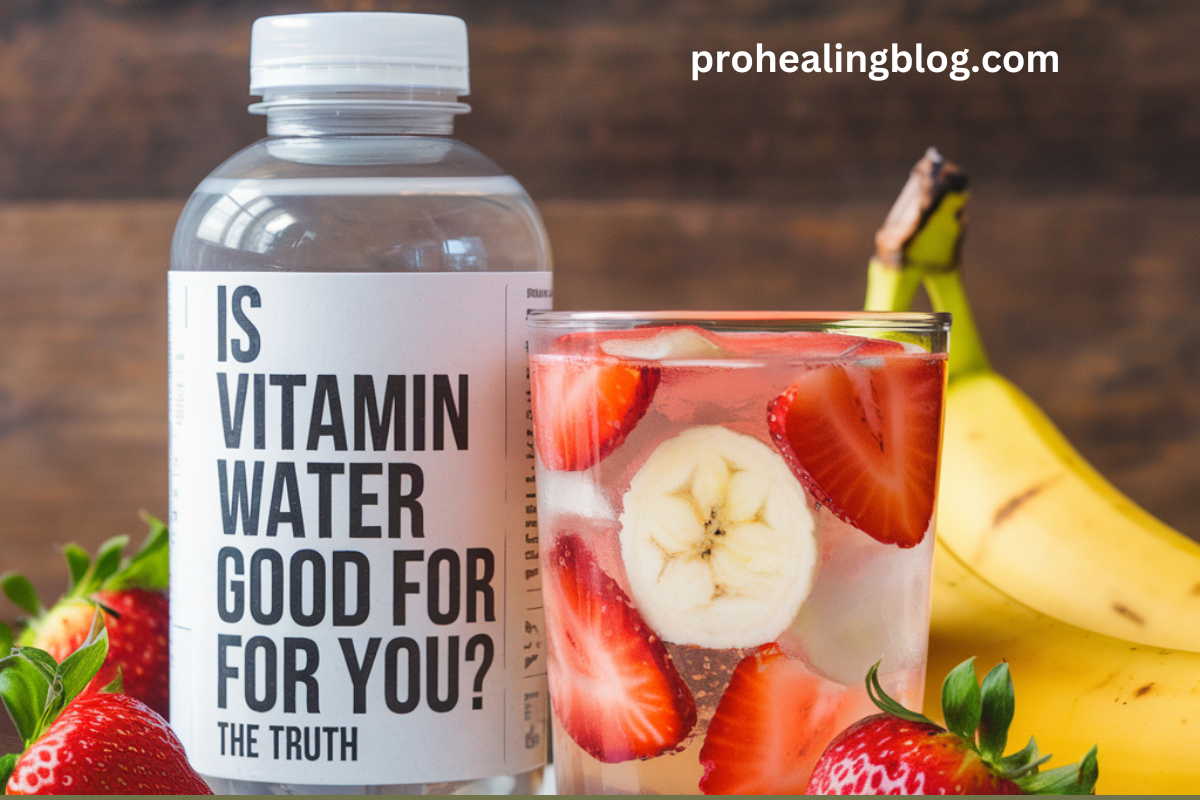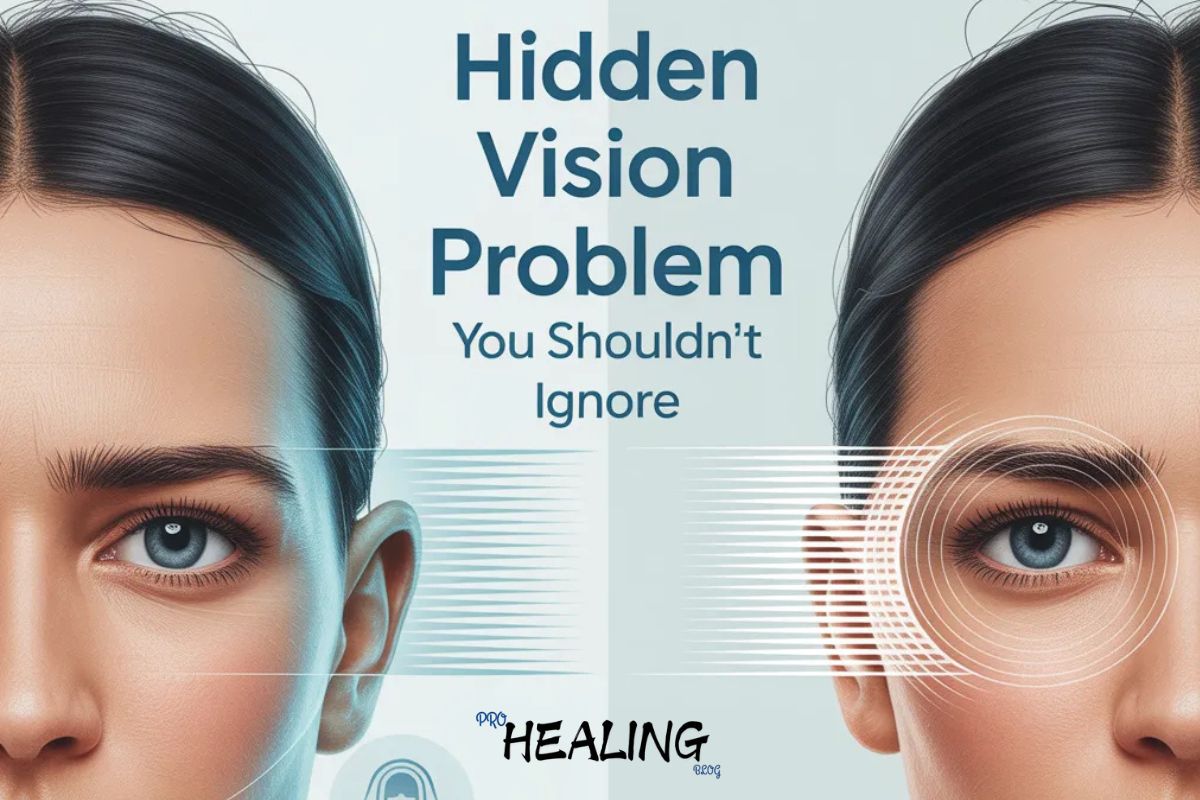Vitamin water has gained popularity as a “healthier” alternative to regular sodas and sugary drinks. With its bright colors and claims of added vitamins and minerals, it’s easy to assume that vitamin water is a nutritious option. However, is vitamin water good for you? While it may offer some benefits, it’s important to consider both the positives and the drawbacks before making it a regular part of your diet.
What is Actual Vitamin Water and Its Ingredients?
Vitamin water is a commercially available beverage that is designed to provide hydration along with added vitamins, minerals, and sometimes electrolytes. Unlike plain water, vitamin water is often marketed as a “healthier” alternative to sugary sodas and juices, especially due to the added nutrients that it contains. The beverage comes in a variety of flavors, each promising different benefits, such as increased energy, improved immunity, or enhanced hydration.
Ingredients of Vitamin Water
While ingredients may vary slightly depending on the brand and flavor, the primary components of most vitamin water drinks are:
- Water
As with any beverage, the base ingredient is water, which helps hydrate the body and carry the added nutrients throughout. - Vitamins
The defining characteristic of vitamin water is the added vitamins. Some common vitamins found in vitamin water include:- Vitamin C (Ascorbic Acid): Known for its immune-boosting properties and antioxidant benefits.
- B Vitamins (B3, B5, B6, B12): These vitamins support energy production, brain function, and overall well-being.
- Vitamin A: Important for vision, skin health, and immune function.
- Vitamin E: Known for its antioxidant properties, helping protect the body’s cells from damage.
- Electrolytes
Electrolytes like potassium, magnesium, and sodium are often added to help maintain hydration, especially for athletes or those who engage in intense physical activity. These minerals help balance fluids in the body and prevent dehydration, making healthy water a popular choice for post-workout recovery. - Sugar or Sweeteners
To enhance flavor, most commercial vitamin waters contain sugar or artificial sweeteners. Some brands offer sugar-free versions, using artificial sweeteners like stevia, sucralose, or aspartame. Regular vitamin water can contain anywhere from 20 to 30 grams of sugar per bottle, which can add significant calories and affect blood sugar levels. - Flavors
To make the drink more appealing, natural or artificial flavors are added. Common flavors include fruit options such as berry, citrus, tropical, and apple. These flavors help mask the taste of added vitamins and minerals, which can be somewhat bitter or metallic. - Preservatives
Some brands include preservatives like potassium sorbate or sodium benzoate to extend shelf life and prevent microbial growth. While generally considered safe, consuming high amounts of preservatives regularly may not be ideal for long-term health. - Colors
To make the drinks visually appealing, many vitamin waters contain artificial coloring agents, such as Red 40 or Blue 1, which give the drink its bright, vibrant hues. While not necessarily harmful in small quantities, some people may prefer to avoid artificial dyes due to concerns over allergies or sensitivities.
The Benefits of Vitamin Water
Vitamin water does have some appealing aspects. Most importantly, it contains added vitamins and minerals, such as Vitamin C, B vitamins, and electrolytes, which can be beneficial for hydration and supporting immune function. These added nutrients can help fill gaps in your diet, especially if you’re not getting enough vitamins from food sources.
For example, vitamin C is essential for immune health, and the B vitamins play a key role in energy production. For individuals who have a busy lifestyle or struggle with maintaining a balanced diet, vitamin water can be a convenient source of these nutrients.
Additionally, vitamin water is often marketed as being lower in sugar than traditional sodas, making it seem like a healthier option. It’s also free of caffeine, which makes it a more suitable choice for those who are sensitive to stimulants.
Why Vitamin Water May Not Be Good for You
Despite the benefits, there are significant reasons why vitamin water may not be as good for you as it appears.
- Excess Sugar
Many water brands are packed with sugar. While they may contain fewer grams than a soda, they still contribute to excess sugar intake. High sugar consumption can lead to weight gain, increased risk of type 2 diabetes, and other metabolic issues. On average, one bottle of healthy water can contain up to 30 grams of sugar, which is close to or exceeds the daily recommended intake. - Artificial Sweeteners and Additives
Some of healthy water brands contain artificial sweeteners or additives to improve taste and shelf life. These chemicals may not be as healthy as the natural nutrients they are supposed to replace. There’s ongoing debate over the long-term effects of consuming artificial sweeteners, but some studies have raised concerns about their impact on gut health and metabolism. - Overconsumption of Vitamins
While vitamins are essential for health, it is possible to consume too much. Healthy water often contains more than the daily recommended intake of certain vitamins, particularly B vitamins. Overconsumption of vitamins, especially fat-soluble ones like Vitamin A and D, can lead to toxicity. For instance, excessive B6 can cause nerve damage, and an overload of Vitamin C may lead to gastrointestinal issues. - Lack of Fiber
Unlike whole fruits and vegetables, which provide fiber alongside vitamins, vitamin water lacks this essential nutrient. Fiber is important for digestive health and can help control blood sugar levels. Drinking healthy water may contribute to hydration but doesn’t offer the same health benefits that whole foods provide.
User Statistics: How People View Vitamin Water
Despite the drawbacks, many people still choose vitamin water as a go-to beverage. According to recent surveys, 72% of consumers who drink vitamin water believe it’s a healthier alternative to sodas. However, 53% of them are unaware of the high sugar content in these drinks.
Moreover, 45% of healthcare professionals report advising their patients to limit consumption of vitamin water due to its sugar content and artificial additives. Interestingly, 78% of people who drink vitamin water regularly also consume it because of its taste rather than its health benefits.
Health and Healing Perspective: Moderation is Key
From a health and healing standpoint, healthy water can be useful in moderation. If you’re recovering from an illness or need to replenish electrolytes after intense exercise, vitamin water may offer a boost. However, it should not replace water or whole, nutrient-rich foods.
For those seeking healthier alternatives, natural fruit-infused water or homemade healthy water made with fresh fruits, herbs, and a pinch of salt can be a better option. These homemade drinks offer the same hydration benefits without the excess sugar and artificial ingredients.
Conclusion
So, is vitamin water good for you? The answer depends on how it fits into your overall diet. While it may provide some benefits, especially for those in need of added vitamins or hydration, the drawbacks—such as excessive sugar and artificial additives—make it a less-than-ideal everyday choice. Drinking healthy water occasionally is fine, but for optimal health, it’s best to focus on a balanced diet, plenty of water, and whole, nutrient-dense foods.






